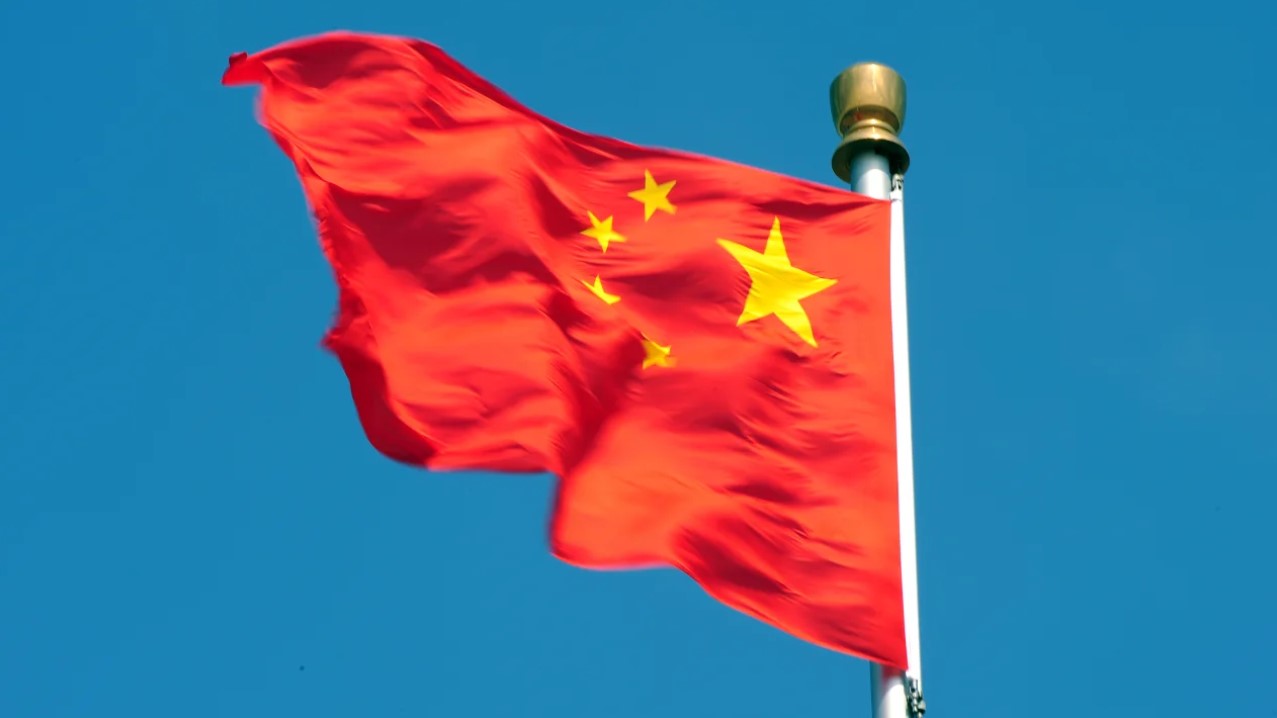'China purchases more Iraqi oil than any country in the world,' says dep. Chinese envoy

ERBIL (Kurdistan 24) - The Chinese Embassy in Baghdad on Sunday said its imports from Iraq increased by 48% in 2022, with a much higher figure anticipated at the conclusion of 2023, according to a statement released by the embassy.
Deputy Ambassador Xu Haifeng told the government-sponsored Iraqi News Agency (INA) that "China has a great interest in developing trade and economic relations with Iraq because of its great economic position in the world and the Middle East region."
"The volume of trade exchange between the two countries in 2022 reached $53.37 billion, an annual increase of 43.1 percent, while the volume of China's imports from Iraq reached 39.38 billion dollars, an annual increase of 47.8 percent," he continued.
The deputy envoy also noted that "China purchases more Iraqi oil than any other country in the world."
"The Chinese embassy will work to enhance the exchange of information and guide companies to conduct their business in accordance with laws and regulations, to create a bridge for cooperation between the two countries," Xu concluded.
The close cooperation does not stop in Baghdad, as China has invested heavily in the Kurdistan Region as well.
In 2022, a Chinese investor submitted a proposal for a $5 billion tourist city in Erbil. The 2,000 square meter project, called Happy City, would create 8,000 jobs and include areas for tourism, residences, water, and entertainment.
In June, China Power Investment Corporation, also known as PowerChina, contracted with the Kurdish company Dabin Group to build a 6,000-ton capacity cement plant near Safin Mountain in Erbil Governorate. The project, which provides 1,000 job opportunities during the construction phase and includes a 52-megawatt power plant, will be finished in two years.
The Kurdistan Region also hosts several Chinese automotive corporations, including MG Motors (part of SAIC Motor Corp., Ltd.), Zhejiang Geely Holding Group Co., Ltd., Chang'an Automobile Co., Ltd., and Chery Automobile Co. Ltd., among others.
In November, China announced it is prepared to begin issuing visas to citizens of the autonomous Kurdish region starting in January.
- Debt-trap Diplomacy -
Meanwhile, the topic of Chinese investment dominated the discourse during panel discussions in November’s Middle East Peace and Security (MEPS) Forum in the Kurdistan Region's Duhok. Some panelists were optimistic about Middle Eastern nations shifting away from the US and embracing China, while other panelists, however, stoked doubt at what China’s true intentions are.
During the Forum, Ahmed Aboudouh of the Emirates Policy Center on Nov. 21 stated “What I would do as a country in the Middle East is to study China. I would open my markets for Chinese investment, but I would be cautious about their debt, financing, corruption, and lack of transparency.”
The term "debt-trap diplomacy," coined recently in honor of China, describes the Asian country's unique strategy of luring developing nations through sizable loans, yet those with predatory interest rates.
According to an Associated Press report from May 2023, the economies of Pakistan, Kenya, Zambia, Laos and Mongolia are at serious risk of collapsing after accepting Chinese loans worth “hundreds of billions of dollars,” with some countries paying China more than a third of their government revenue to cling by.
Read More: China to issue visas to Kurdistan Region citizens
